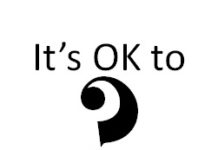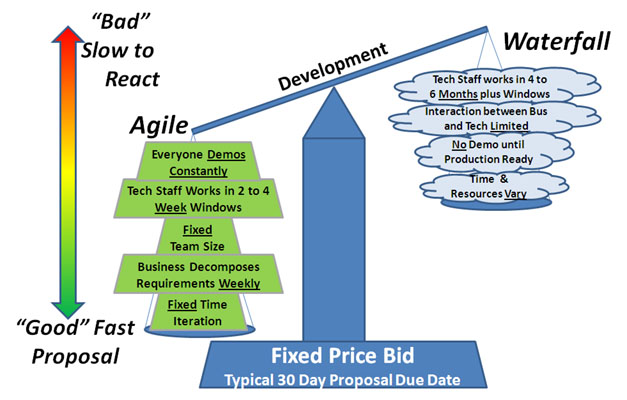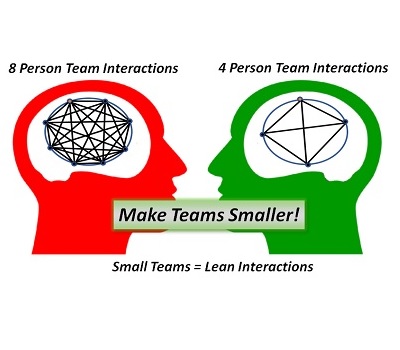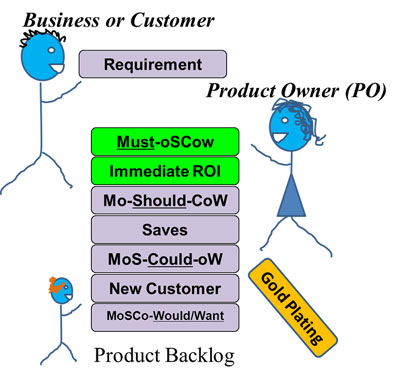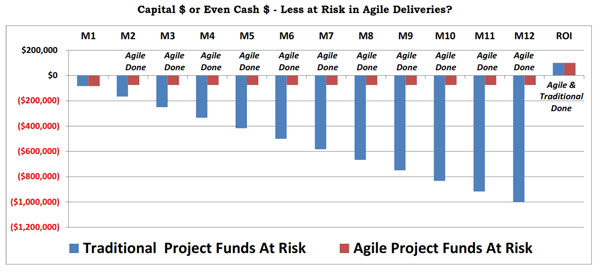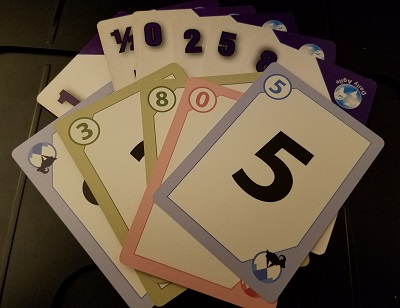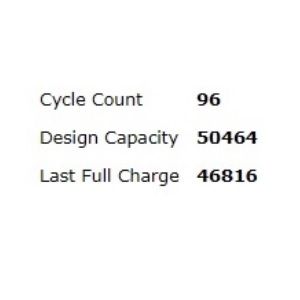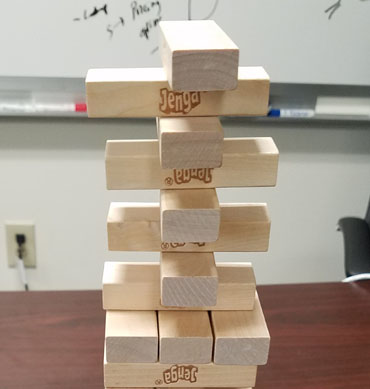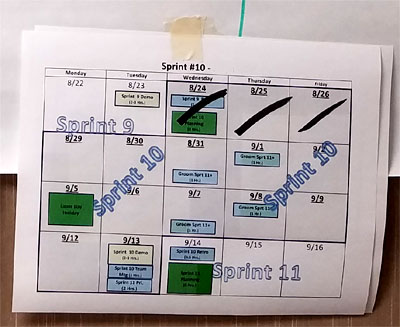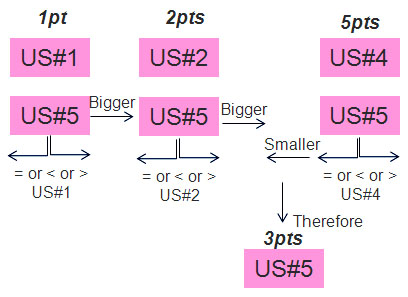When I was Scrum Master I facilitated creating team working agreements all the time. When I started coaching I realized I could really use a written Agile Coaching Agreement. It really became value after taking my ICAgile Agile coaching course (https://icagile.com/Learning-Roadmap/Agile-Coaching/Agile-Coaching) . By creating an agreement between coach and coachee, it became a solid relationship starter.
By the coach starting with something in writing and then sharing with the coachee for feedback and discussion, it sets the tone for serious vs. fly by night coaching. Anyone can skate their way around coaching, but writing an agreement means the coach is serious and ready to go.
Anyone can skate their way around coaching, but…
I wanted to share a basic agreement that I use and adjust from company to company, role to role and person to person. I know when I first created one is was tough to find something simple and to the point. It might not be perfect and that is ok. It is really supposed to spark discussion or questions, so the coachee can participate in the agreement.
The Interaction: Agile Coaching or Working Agreement
The Agile Coaching Agreement or working agreement is between the Coach and Coachee. It helps to prepare expectations for both people in the discussion. They include: (1) Permission, (2) Confidentiality, (3) Respect, (4) Preparedness, (5) Openness and (6) Follow-up
Here are some initial items from myself as a coach:
- Permission: Ask Permission to Coach in various situations (outside (mostly) and rarely in the meetings unless to do so)
- Confidentiality: Discussion are private between Coach and Coachee
- If any thing is shared it would be only be done with permission from the Coachee
- Feedback that is typically related to corporate procedure or policies related to the team would only be shared with management upon permission from Lead Coachee
- Respect: Be Respectful and Professional
- Preparedness: Come Prepared with topics and agendas from both Coach and Coachee
- Openness: Open to suggestions and questions. It is not personal, but professional feedback for all parties.
- Follow-up: Allow for follow-up on the discussion later or based on promise dates
…WRITING AN AGREEMENT MEANS THE COACH IS SERIOUS AND READY TO GO.
Again I like creating something simple and sweet with little overhead. I don’t want to spend all of my first conversation talking rules.
Please feel free to comment and send me thoughts or samples of your coaching agreements.
Cheers,
Greg
https://www.bensound.com





